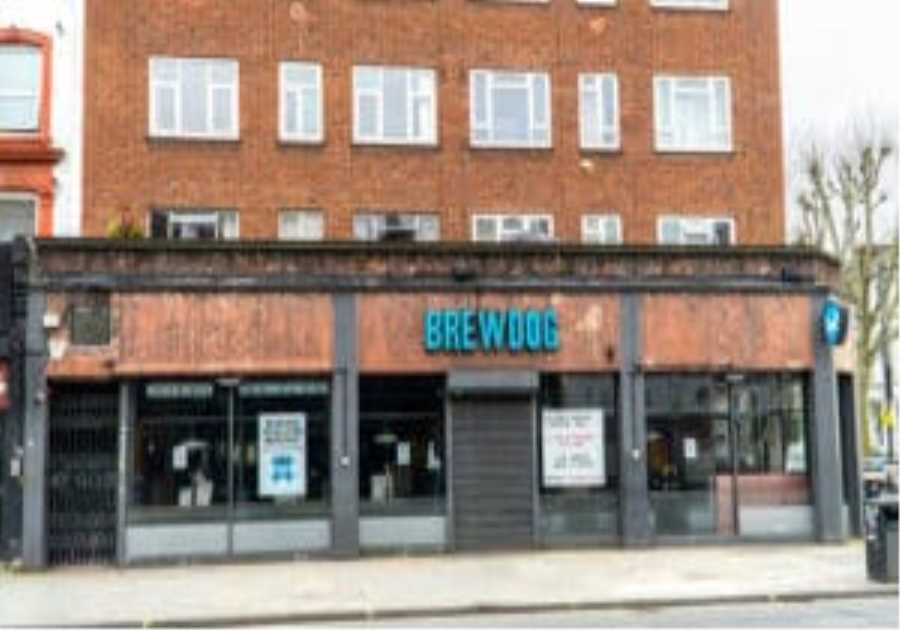If approved by the city council, the local government will loan hundreds of millions to developers to build affordable housing.
There is no simple way to argue for new housing development without also asking how we will pay for it. In Chicago, where homelessness rates are climbing, the migrant crisis continues, and where the local government—like many others across the country—is trying to do more with less, finding funding to construct, rehab, and maintain affordable developments is fraught. This week, Mayor Brandon Johnson announced a new $1.25 billion bond initiative that, if approved by the city council, will allocate $625 million to develop new housing and maintain or retrofit existing units over the next five years.
As described in the recently released bond development playbook, the city’s Housing and Economic Development Bond would target three primary initiatives: Constructing new affordable rental housing, developing homeownership, and addressing homelessness. Of the $360–390 million earmarked for affordable rental housing, $115–135 million would go toward developing new "social housing." Unlike existing public housing managed by the highly scrutinized Chicago Housing Authority, these new units would follow models from Montgomery County, Maryland, and Atlanta, Georgia: Funds would provide low-interest construction loans to developers if they agree to sell the completed building to the local government. These models avoid using the federal Low-Income Housing Tax Credit program and long-term subsidies—methods that are bureaucratically tedious or politically fraught.
The social housing allocation specifies such housing will be "green" but provides little insight into sustainability standards. However, the bond will also include $10–15 million to "decarbonize" 250 existing multifamily buildings—improving building envelopes and installing high-efficiency HVAC—as well as $20–25 million to expand an existing program that provides grants to decarbonize single-family homes owned by low-to-moderate–income Chicagoans. Additional target programs include down payment and closing cost assistance for new buyers and money to rehabilitate vacant houses.
The bond is framed as a means toward creating more equitable prosperity in one of the nation’s most segregated cities and as a response to the Tax Increment Financing (TIF) mechanisms that have drawn criticism and controversy. As a funding tool, Chicago’s TIF districts use public dollars to subsidize various development projects. With nearly 45 TIF districts set to expire by the end of 2027, the bond playbook declares that the TIF program is, "likely to become an even more skewed and inequitable funding source for key investments." Johnson’s plan was introduced to city council this week and will require its approval.
Related Reading:
A New Website Is Trying to Convince You That Housing Can Be "Awesome and Affordable"
How Feasible Is It to Turn Office Buildings Into Apartments?
Top photo: Inverse Couple Images/Getty Images
Read More
By: Anjulie Rao
Title: Chicago’s Mayor Pitches Borrowing More Than $1B to Fund "Social Housing" and Other Projects
Sourced From: www.dwell.com/article/chicago-affordable-housing-bond-94a4a979
Published Date: Fri, 23 Feb 2024 15:41:56 GMT
Did you miss our previous article...
https://trendinginbusiness.business/real-estate/bradley-cooper-buys-a-house-near-gigi-hadids-family-farm-and-other-celebrity-real-estate-news
.png)





